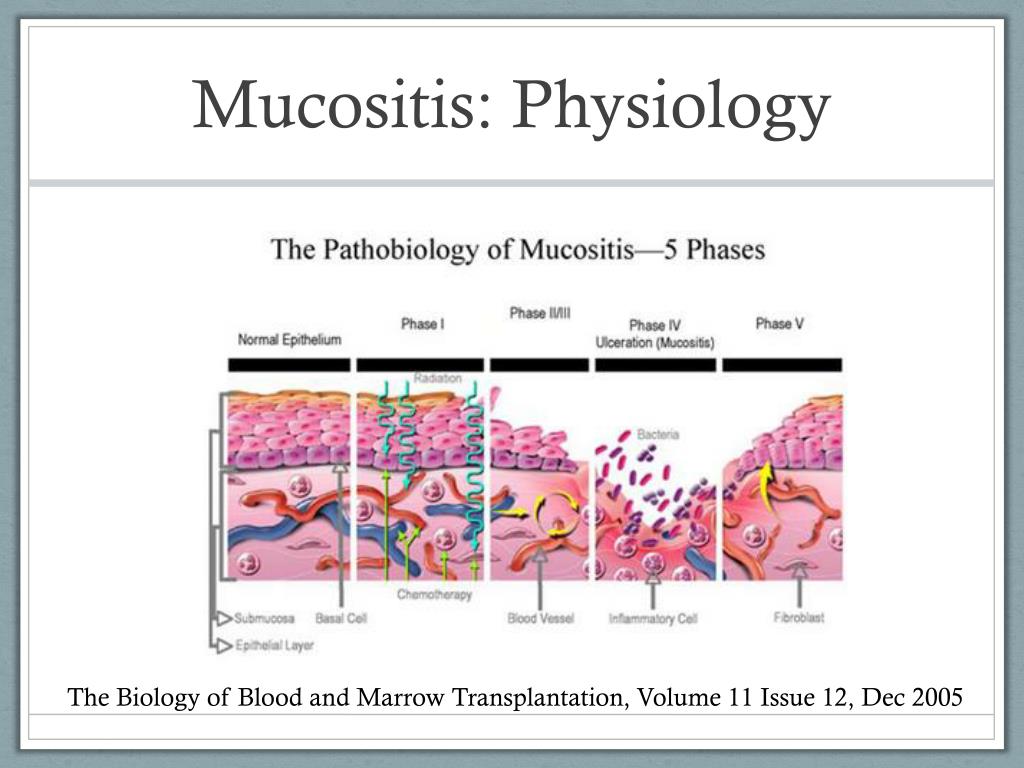

The ulcerations are usually treated topically. If an underlying iron or folate deficiency is detected, it should be corrected. The variety of therapies that have been recommended for this disease indicates that a highly successful treatment is lacking. Miller MD, in Lookingbill and Marks' Principles of Dermatology (Fifth Edition), 2013 Therapy Colchicine and pentoxifylline (Trental) have also been reported to be helpful in preventing recurrent disease, but the clinical trials were not controlled. Oral prednisone is effective in aphthous stomatitis but should be used for only a short course in patients with severe, incapacitating disease. Intralesional steroids (triamcinolone, Kenalog-10) are useful in patients with large aphthous ulcerations.


Patients in whom tetracycline therapy fails are treated with topical steroids in a gel (e.g., fluocinonide, Lidex gel) or a special adherent base (e.g., triamcinolone, Kenalog in Orabase) applied three times daily or with a spray preparation (e.g., beclomethasone, Vanceril) applied three to four times daily. Tetracycline suspension (250 mg/5 mL) “swished and swallowed” four times daily helps in some patients. Miller MD, in Lookingbill and Marks' Principles of Dermatology (Sixth Edition), 2019 Therapy


 0 kommentar(er)
0 kommentar(er)
